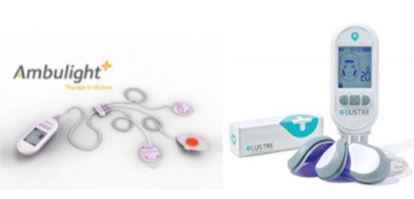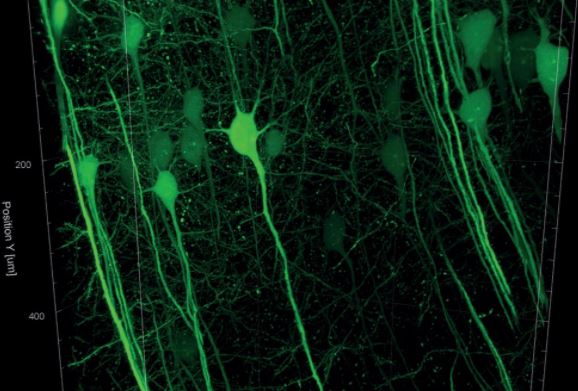Knowledge Transfer
The CoB is strongly committed to translational research and the dissemination of technologies emerging from the Centre in collaboration with other institutions and industrial partners. Below you will find some representative case studies of successful impact from research and brief descriptions of some of the Centre’s ongoing impact activities
The Arclight Project – a low-cost diagnostic tool.
The Arclight developed by Andrew Blaikie and coworkers (School of Medicine) is a low-cost diagnostic tool that can be used to screen for conditions in the eyes and ears. The majority of cases of preventable blindness and deafness occur in countries where access to diagnostic tools is lowest. The challenges of getting devices into the hands of health-care workers in these regions include the high initial cost and the need for consumable supplies to maintain devices. The Arclight overcomes these challenges by using only an LED and a solar panel, with no need for bulbs or batteries. The Arclight is effective for identifying the signs of the most common causes of blindness and deafness. The Global Health team in St Andrews has supported the development of the Arclight through research and helping to train health-care workers in a variety of settings to use the device.
Ambicare Health Ltd – wearable light sources to combat skin conditions such as acne and to treat skin cancer
Research by Professor Ifor Samuel and colleagues has led to the development of compact wearable light sources to treat acne and non-melanoma skin cancer. The sources can be manufactured to cover large areas and are flexible, making them ideal for use as a ‘light bandage’ to treat skin conditions. Professor Samuel along with Professor James Ferguson of Ninewells Hospital, Dundee, set up Ambicare Health Ltd to commercialize this technology. Following various successful clinical trials, Ambicare began selling a range of LED-based products to treat acne and skin cancer. This work has led to economic impact for Ambicare Health Ltd which has raised significant investment funding and sold thousands of its Ambulight and Lustre products around the world, including through Boots and on Amazon.
Light-sheet microscopy – 3D optical imaging technique commercialized for applications in cell biology.
Research by members of the Centre of Biophotonics, led by Professor Kishan Dholakia, provided critical breakthroughs for improved light-sheet fluorescence microscopy imaging. Fundamental to the technique is their work published in 2014 on the generation of an Airy beam which provides a uniform, thin sheet of light. The researchers demonstrated the use of Airy beams in LSFM and recently went on to tailor the beam to overcome the effects of scattering, enabling much deeper penetration into biological tissues.
Professor Dholakia worked with M Squared Lasers Ltd., a Glasgow-based laser technology company, to commercialise his research on Airy beam light-sheet fluorescence microscopy, based on the licensing of several University patents. The company set up a new subsidiary, M Squared Life Ltd., specifically to develop Airy LSFM products and now markets these microscopy systems under the name Aurora.


